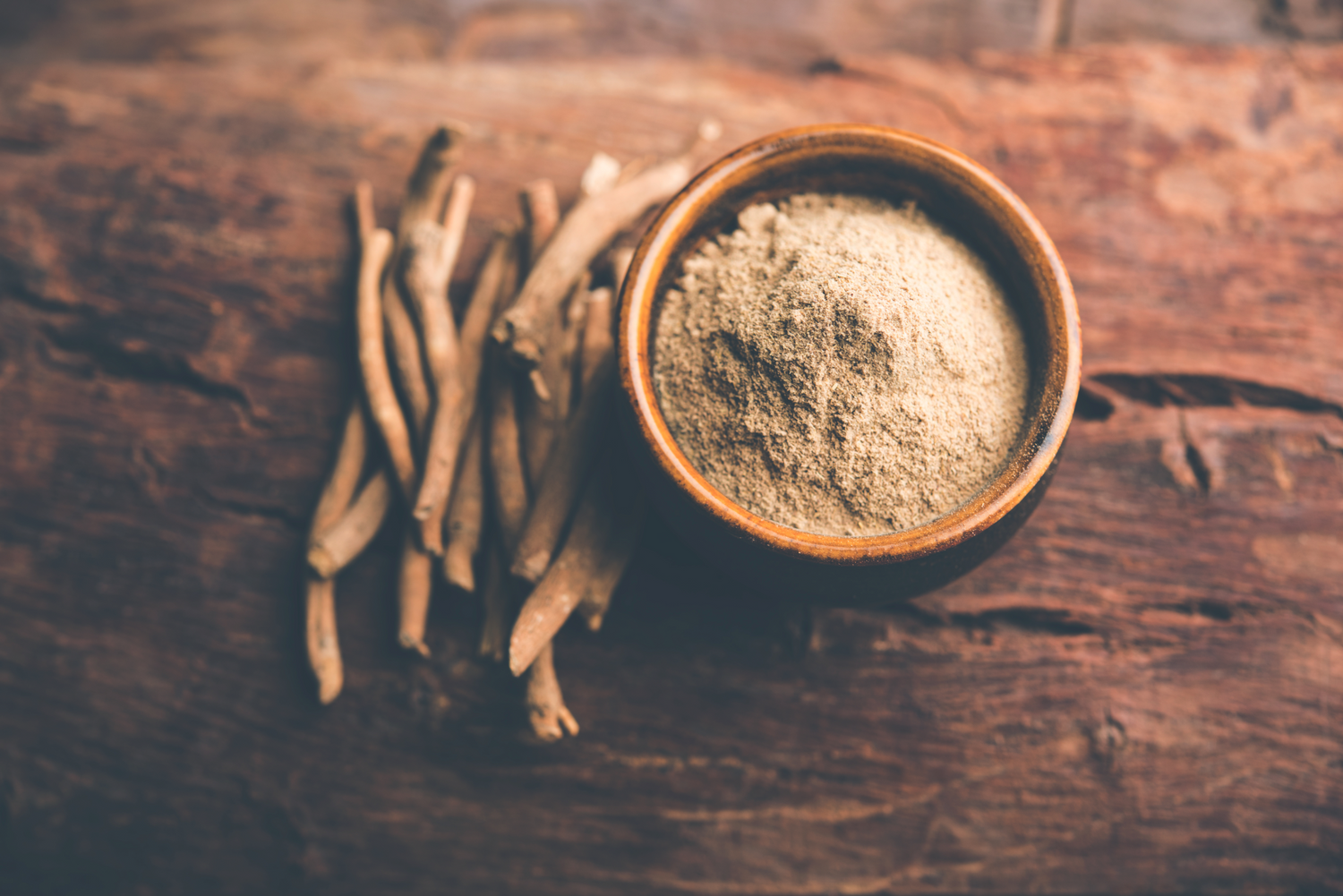Indena’s Phytosome® Technology: A Potential Breakthrough for PCOS Supplement Design
Women with Polycystic Ovary Syndrome (PCOS) often look for natural, science-backed approaches to support healthy metabolism, hormone balance, weight management, and inflammation control. One promising delivery system used in the supplement industry is Indena’s Phytosome® technology — a patented process designed to improve the absorption and effectiveness of botanical extracts.
Phytosome® formulations bind plant-derived compounds to phospholipids (such as sunflower lecithin), creating a complex that is more easily absorbed in the digestive system. This can translate into higher bioavailability and better utilization by the body. For example, curcumin delivered as Meriva® (Curcumin Phytosome) achieved approximately 29-fold higher total absorption compared to standard curcumin extract in human trials¹.
Because enhanced absorption means more active compounds reach the bloodstream, smaller amounts may still deliver meaningful benefits while remaining well-tolerated. Phytosome forms of certain herbs have also been shown to avoid the need for additional “bioenhancers” like piperine, while maintaining safety and digestibility.
Below, we explore four clinically studied Phytosome ingredients — Berberine Phytosome, Green Tea Phytosome, Curcumin Phytosome, and Boswellia Phytosome — and how research suggests they may support areas relevant to women with PCOS. These ingredients are not currently in any WrenLife products, but may be considered for future formulations.
Berberine Phytosome: Supporting Insulin Function and Hormone Balance
Berberine is a plant alkaloid studied for its potential to support healthy insulin function, lipid metabolism, and hormonal balance. In its plain form, berberine is not easily absorbed and often requires multiple large doses. Berberine Phytosome combines berberine with phospholipids to improve absorption.
In one 12-week study of women with PCOS, Berberine Phytosome supplementation was linked to improvements in markers of insulin function (HOMA-IR), triglycerides, inflammation markers, and total testosterone, as well as increased sex hormone–binding globulin (SHBG)². Participants also saw positive changes in body composition, including reduced BMI and waist circumference. Importantly, liver and kidney markers stayed within normal ranges, supporting the ingredient’s safety profile.
Green Tea Phytosome: Weight and Metabolic Support
Green tea catechins, especially EGCG, are known for their antioxidant and metabolism-supporting properties. Green Tea Phytosome (Greenselect®) is a caffeine-free extract bound to phospholipids to enhance catechin absorption.
In a 90-day clinical trial, overweight participants following a low-calorie diet lost nearly three times more weight with Green Tea Phytosome compared to diet alone³. The supplement group also saw greater improvements in BMI, waist circumference, and lipid profiles. For women with PCOS, these changes in body composition and metabolic markers can be relevant to overall health and hormonal balance.
Curcumin Phytosome: Inflammation and Cycle Support
Chronic low-grade inflammation has been observed in many women with PCOS. Curcumin, the main bioactive in turmeric, has anti-inflammatory and antioxidant properties, but is poorly absorbed in its standard form. Curcumin Phytosome (Meriva®) significantly improves bioavailability, making it easier to achieve clinically studied effects.
A 2022 meta-analysis found that curcumin supplementation was associated with improvements in fasting glucose, insulin, triglycerides, CRP (C-reactive protein), BMI, and menstrual regularity in women with PCOS⁴. The enhanced absorption of Curcumin Phytosome may make these effects more achievable at practical dosages.
Boswellia Phytosome: Healthy Inflammatory Response
Boswellia serrata, traditionally used for joint comfort and inflammation balance, contains boswellic acids that can influence pathways involved in the body’s inflammatory response. Boswellia Phytosome delivers these compounds in a more absorbable form.
In a pharmacokinetic study, Boswellia Phytosome achieved significantly higher plasma concentrations of boswellic acids than standard extracts⁵. This improved delivery may help the body utilize Boswellia more effectively for promoting comfort and a balanced inflammatory state — areas that can be supportive for women managing PCOS-related inflammation.
The Takeaway
Phytosome® technology offers a way to improve the absorption and effectiveness of certain botanicals, potentially enhancing their ability to support key areas of health for women with PCOS — from insulin function to weight management to inflammation balance.
While WrenLife does not currently offer products containing these ingredients, they may be explored for future formulas as part of a science-driven approach to women’s health. Always consult a qualified healthcare professional before starting any supplement, especially if you have a medical condition or are taking medication.
Disclaimer: This article is for educational purposes only and is not intended to diagnose, treat, cure, or prevent any disease. WrenLife does not currently sell products containing the ingredients discussed. Any future product formulations are subject to change.
References:
-
Cuomo, John, et al. “Comparative absorption of a standardized curcuminoid mixture and its lecithin formulation.” Journal of Natural Products, vol. 74, no. 4, 2011, pp. 664–669.
-
Rondanelli, Mariangela, et al. “Berberine Phospholipid Is an Effective Insulin Sensitizer and Improves Metabolic and Hormonal Disorders in Women with Polycystic Ovary Syndrome: A One-Group Pretest–Post-Test Explanatory Study.” Nutrients, vol. 13, no. 10, 2021, p. 3665.
-
Di Pierro, Federico, et al. “Greenselect Phytosome as an adjunct to a low-calorie diet for treatment of obesity: a clinical trial.” Alternative Medicine Review, vol. 14, no. 2, 2009, pp. 154–160.
-
Shen, Wenjuan, et al. “Therapeutic effect and safety of curcumin in women with PCOS: A systematic review and meta-analysis.” Frontiers in Endocrinology, vol. 13, 2022, Article 934052.
-
Riva, Antonella, et al. “A single-dose, randomized, cross-over, two-way, open-label study for comparing the absorption of boswellic acids and its lecithin formulation.” Phytomedicine, vol. 23, no. 12, 2016, pp. 1375–1382.




